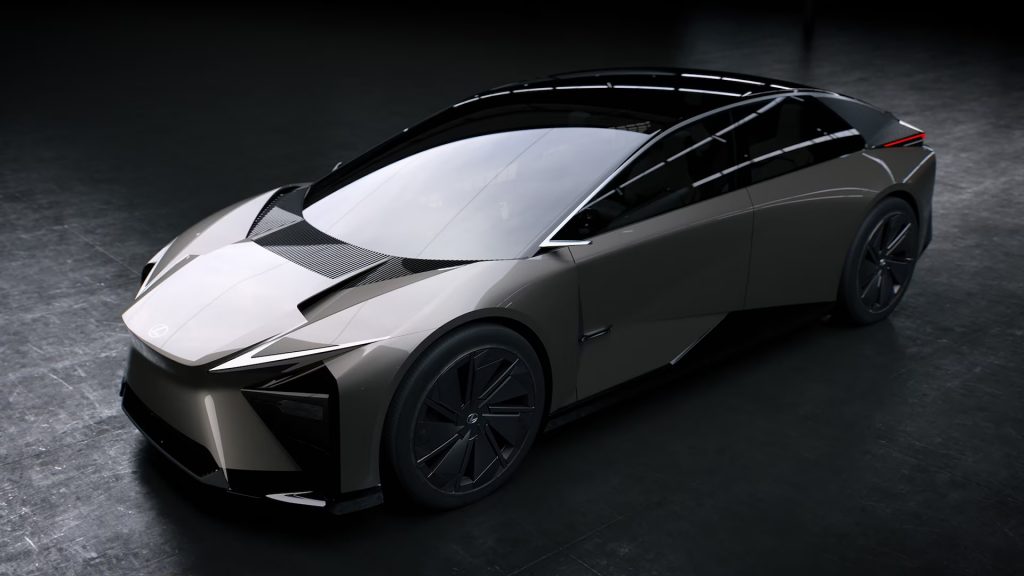Gecko
Administrator
- Messages
- 4,931
- Reactions
- 11,898
NHK reports that Toyota Motor Corporation will delay the production schedule for its next-generation electric vehicles in an effort to integrate cutting-edge technologies into the new models. Japan’s biggest car manufacturer now aims to begin production of the next-generation Lexus EV (LF-ZC) in mid-2027, pushing back the original target of a 2026 launch.
Unveiled last year, the Lexus LF-ZC is a concept car previewing the brand’s future battery electric vehicle (BEV) lineup. The name “LF-ZC” stands for “Lexus Future Zero-emission Concept” and it represents the brand’s vision of next-generation BEVs, emphasizing cutting-edge technology, sustainability, and innovative design...
Continue reading...


